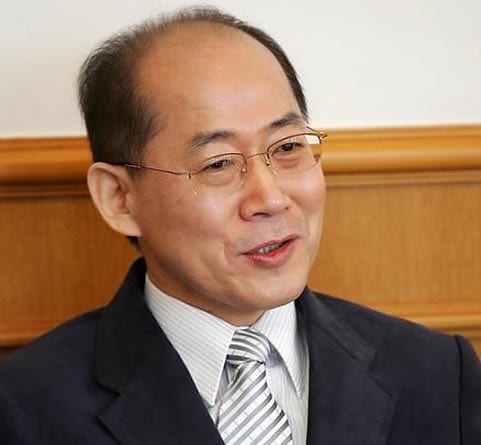
Achieving a better understanding of climate change at the regional level and better communication with the public are the main goals of the new head of the UN scientific body examining climate change.
South Korean economist Hoesung Lee was elected chair of the Intergovernmental Panel on Climate Change (IPCC) last week from a field of six candidates.
Lee, aged 69, is professor in the economics of climate change, energy and sustainable development at Korea University’s Graduate School of Energy and Environment. He is currently one of the IPCC’s three vice-chairs.
He replaces Rajendra Pachauri from India, who resigned amid in February after 13 years in the post, following allegations of sexual harassment, which Pachauri denies.
During Pachauri’s tenure, the IPCC was a joint-winner of the Nobel Peace Prize in 2007 with former US Vice-President Al Gore.
Lee said the IPCC would continue to produce its comprehensive summaries of the latest climate science every five to six years to assist governments but would focus more on regional impacts and options for preventing dangerous climate change.
“The IPCC remains deeply committed to providing policymakers with the highest quality scientific assessment of climate change, but we can do more,” Lee said.
“The next phase of our work will see us increase our understanding of regional impacts, especially in developing countries, and improve the way we communicate our findings to the public.
“Above all, we need to provide more information about the options that exist for preventing and adapting to climate change.”
The IPCC Sixth Assessment Report, delivered in November 2014 was the culmination of six years work with the input of more 2,000 scientists. It says the world needs to act quickly to reduce greenhouse gas emissions dramatically; it needs to decarbonise its energy systems; it needs to stop burning coal, and it needs to shift investment from fossil fuels to clean energy
The next Assessment Report is expected to be completed in 5-7 years.










